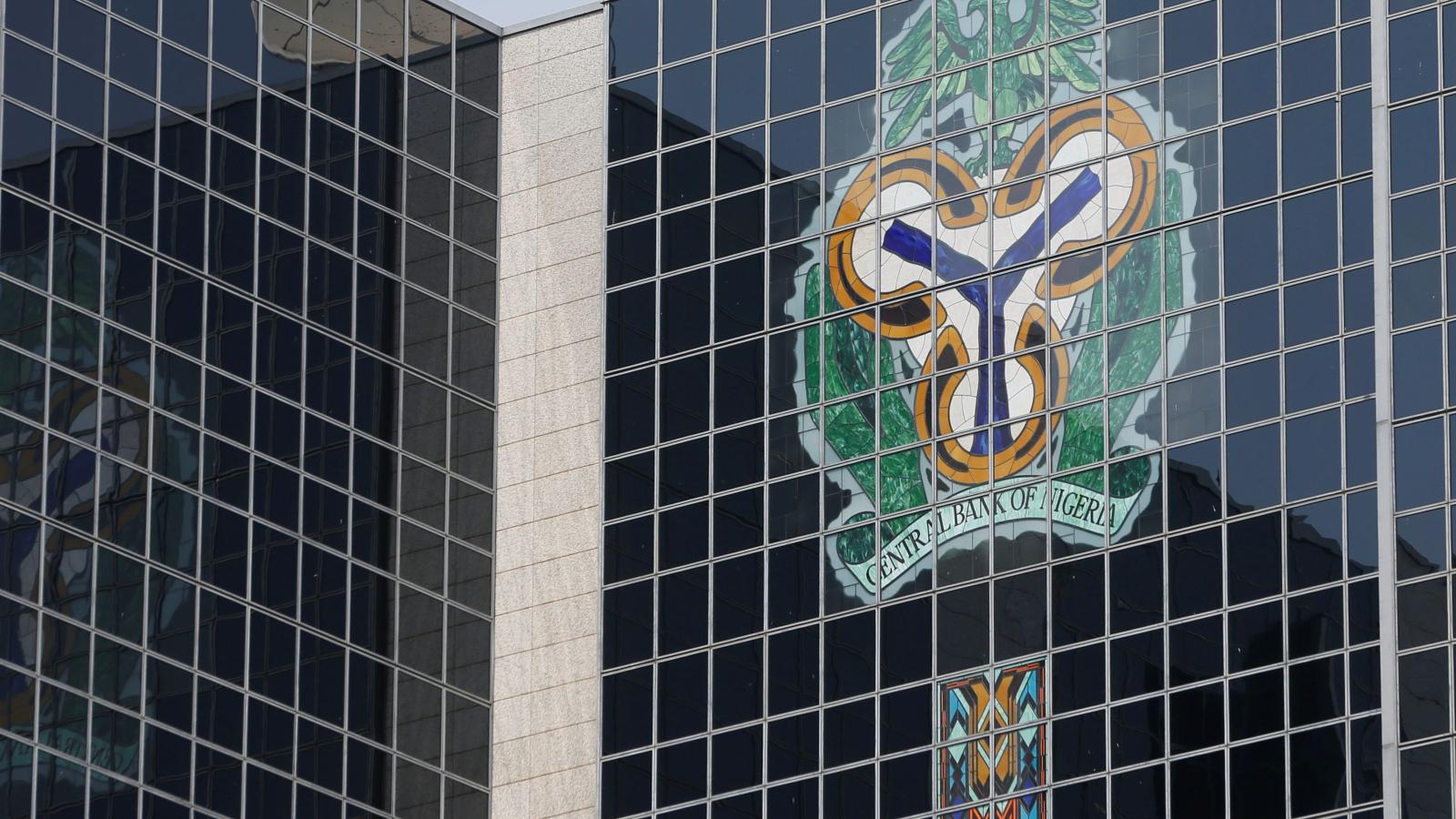While the All Progressives Congress (APC) celebrates the ruling of the Edo State Governorship Election Petition Tribunal upholding Governor Monday Okpebolo’s election, the Peoples Democratic Party has rejected the verdict and vowed to appeal, Wale Igbintade writes
Over six months after the governorship election was held in Edo, the state Election Petition Tribunal last Wednesday affirmed the election of Monday Okpebholo of the All Progressives Congress (APC) as governor.
It would be recalled that after the September 21, 2024 election, the Independent National Electoral Commission (INEC) had declared Okpebholo as the winner of the election, having polled 291,667 votes to defeat his closest challenger, Asue Ighodalo of the Peoples Democratic Party (PDP), who got 247,274 votes.
Olumide Akpata, the candidate of the Labour Party (LP), finished a distant third with 22,763 votes.
Ighodalo and PDP had approached the tribunal to challenge the outcome. They told the court that the governorship election was invalid because of alleged non-compliance with the provisions of the Electoral Act 2022. They prayed the court to nullify the declaration of Okpebholo as the winner on the basis that the election was allegedly marred by irregularities.
But in its judgment, the tribunal held that their petitions were without merit, adding that the petitioners failed to establish why the outcome of the election should be set aside.
In his lead judgment, the Chairman of the tribunal, Justice Wilfred Kpochi, resolved the two issues identified for determination in the petition by the PDP and Ighodalo against them.
The first issue was whether, from the totality of pleadings and evidence of the petitioners, they were able to prove their claim that the election was invalid by non-compliance with the Elector Act.
The judge, after evaluating the petitioners’ evidence, held that the PDP and Ighodalo failed to discharge the burden of proof placed on them by the law. He held that none of the 19 witnesses called by the petitioners were relevant witnesses who could give eyewitness accounts of what happened at the polling units, where the results of the election were being contested.
He noted that most of the witnesses were either ward collation agents or local government collation agents, without the petitioners calling either their polling unit agents or registered voters who voted at the polling units. He also noted that the petitioners had alleged that relevant details were not filled in the election documents before the commencement of voting.
Justice Kpochi said having so alleged, the petitioners were expected to call polling unit agents or registered voters who voted in the affected polling units.
“We hold that the failure of the petitioners to call polling agents, presiding officers or even registered voters was fatal to their case. The petitioners did not call any scintilla of evidence to prove their claim that the relevant forms were not filled as required. The first to 14th witnesses gave hearsay evidence because they were not near the polling units during the election,” he said.
The judge noted that the petitioners’ star witness was the Director of Research and Strategy, who did not play any role in the election. He held that all the documents and materials tendered by the petitioners, including election documents and the bimodal voters’ accreditation system (BVAS) machines – were not demonstrated, adding that it was not for the tribunal to be looking into the documents and BVAS machines tendered.
While Governor Okpebholo, his team and members of the APC in the state and beyond are still celebrating the judgment, PDP members are alleging a miscarriage of justice.
The legal team of the party and Ighodalo said they would challenge the judgment at the Court of Appeal, arguing that they did all that was required of them to prove that the election was not free and fair.
For many who have been reviewing the verdict, it was not clear what the tribunal meant when it said the petitioners simply dumped documents on them and failed to prove their case beyond reasonable doubt.
While those who spoke to THISDAY accused the three-man panel of working to produce a predetermined judgment, they also noted that the judges did not take time to peruse the documents tendered before the court.
They stated that they were miffed beyond words at the pronouncements of the judge which were contrary to the Electoral Act.
Some wondered if the panel was expecting the petitioners to produce witnesses from all the polling units where malpractices took place in a tribunal that had a very limited time to hear the petition.
They also said if the petitioners were complaining of over voting in 133 units and documentary evidence from the polling units showed that the number of votes cast exceeded the number of accredited voters, what else were the judges expecting to see and hear?
Citing Section 51 (2) of the Electoral Act, they argued that the judges did not need a witness to prove over-voting, adding that what they needed to do was to go through the documents to see things for themselves.
They equally cited the Supreme Court’s judgement in Ihedioha vs Uzodinma, where the APC only presented two witnesses and got a favourable judgment. They further wondered what documents INEC submitted to counter the documents of the petitioners.
Many have argued that one of the miscarriages of justice the PDP suffered was that INEC, which conducted the election, did not dispute or fault the documents before the tribunal.
Analysing the verdict, a public affairs analyst, Ogbeide Ifaluyi-Isibor while citing Section 137 of the Electoral Act, explained that in cases of non-compliance, oral evidence is unnecessary when documentary evidence is available. He lamented that people across the world had hoped for a just ruling, but the judiciary failed to demonstrate its commitment to justice.
“What did the judge want PDP to prove when they showed INEC’s documents and extracts from INEC’s BVAS, and also presented the Certified True Copy of INEC’s sheets. What else did the judges expect them to prove that there was over-voting?” Ifaluyi-Isibor queried.
“We had absolute confidence in the documents we tendered in court and in our legal team. The evidence from INEC materials clearly showed that Edo people overwhelmingly voted for Asue Ighodalo. However, INEC declared someone else as the winner, prompting us to seek justice in court,” he said.
According to him, the tribunal’s pronouncements contradicted the Electoral Act: “If we are challenging overvoting in 133 polling units and have documentary evidence proving that the number of votes cast exceeded the number of accredited voters, why would the court demand witnesses? The Electoral Act, Section 51(2), clearly states that in cases of over-voting, witness testimony is not required.”
Ifaluyi-Isibor referenced the Supreme Court’s ruling in Ihedioha vs. Uzodimma, noting that in that case, the APC presented only two witnesses, and the court ruled that documentary evidence alone was sufficient to prove noncompliance with electoral guidelines.
“We presented three key complaints: noncompliance, overvoting, and incorrect collation of scores. For overvoting, we submitted certified INEC documents proving the discrepancy. It was shocking that the judge expected us to bring 133 individuals from different polling units to testify when the evidence was already before the court.”
He criticised the tribunal for dismissing documents that had already been accepted as exhibits, stating that even INEC did not dispute their authenticity. He added that Section 72(1) of the Electoral Act mandates INEC to record the serial numbers and quantities of sensitive election materials, including ballot papers and BVAS machines, before the election.
He said: “Section 72(1) of the Electoral Act mandates INEC to record the serial numbers and quantities of sensitive election materials, including ballot papers and BVAS machines, before the election.
“In over 300 polling units, this was not done, which should have invalidated the results. Yet, the judge insisted we needed witnesses to verify what was already documented.”
On the issue of incorrect collation, Ifaluyi-Isibor pointed out that INEC allocated thousands of votes to the APC in several polling units without justification. He maintained that the tribunal had the responsibility to examine the evidence and declare the rightful winner.
He said: “BVAS records show the number of accredited voters with corresponding photographs. If official results say 52 people voted in a polling unit, how do we end up with 1,000 votes, with 800 going to the APC? These anomalies were presented to the court, in line with previous rulings by the Court of Appeal and the Supreme Court.”
“PDP pleaded about three cases: one was about non-compliance, the second was over-voting, and the third was an incorrect collation of scores. In the case of overvoting, they tendered documents which are INEC Certified True Copy. These were INEC documents to prove overvoting. We were shocked that the judge wanted us to bring 133 individuals from each polling unit to prove overvoting. How was that to happen when there is documentary evidence, not PDP documents but INEC documents? The court had accepted these documents as exhibits and INEC did not cry foul to her own documents.”


